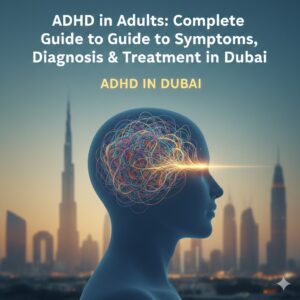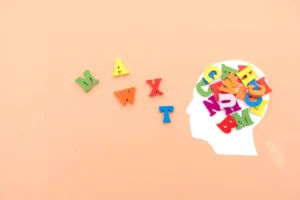Do You Know Why We Can’t “Trauma-Proof Our Lives”?
This article has been researched and written by Nardus Saayman. AI has not been used in producing this article.
What’s Trauma?
It’s the event we didn’t see coming, couldn’t prepare for, or never imagined would affect us the way it did. Sometimes the shock comes from the event itself. Other times, it’s the emotional impact – the depth of hurt, fear, or grief – that catches us off guard. Even a small detail in a difficult experience can end up changing us in ways we never expected. After a trauma, many people feel a powerful urge to make sure it never happens again. This isn’t irrational – it’s how our brains try to keep us safe.
What Comes After Trauma?
After trauma, we often become highly focused on preparation, rehearsing future scenarios or searching for ways to ‘futureproof’ ourselves. But if preparation didn’t (and couldn’t) happen before the trauma, why does it become so intense afterward?
Part of the answer is that we live in the present moment. We don’t have access to the future, no matter how much we imagine it. You can’t “prepare” for discovering a partner’s betrayal by trying to predict it – you can only invest in building a healthy, meaningful relationship. Similarly, you don’t prepare for a heart attack by practicing emergency drills – you prepare by living in a way that supports long-term health.
So how do we live with what we cannot predict? We build the resources needed to deal with surprises. To ‘future-proof’ our lives does not mean making the surprises irrelevant through prediction – it means working with what we know, and constantly strengthening what already exists.
Anxiety Disorders Explained: Types, Symptoms & When to Seek Help
This article has been researched and written by Mariam. AI has not been used in producing this article. Worry is part of being human. But when anxiety stops being a passing feeling and starts shaping every decision you make – what you avoid, how you sleep, how you show up at work and in relationships…
ADHD in Adults: Complete Guide to Symptoms, Diagnosis & Treatment in Dubai
This article has been researched and written by Mariam. AI has not been used in producing this article. For many adults living in Dubai, the struggle is familiar: missed deadlines, a desk that never stays organized, conversations you tuned out halfway through, and an inner voice that has spent decades whispering that you are simply…
Mental Health During Ramadan: 7 Tips for Emotional Wellbeing
This article has been researched and written by Mariam. AI has not been used in producing this article. Ramadan is a month of deep spiritual renewal, gratitude, and community. But for many Muslim residents and expats across Dubai and the UAE, it can also bring unexpected emotional challenges. Sleep disruption, fatigue, heightened anxiety during Ramadan,…
Famous People with Dyslexia
Representation matters especially when there is a stigma around dyslexia and learning disabilities in general …
Third Culture Kids: Growing Strong Roots in a Mobile World
In a city like Dubai, it is not unusual to meet a child who has already lived in three countries, attended four different …
What Can I Do If Someone Is Bullying Me at School?
If someone keeps being mean to you, teasing you, hurting you, or leaving you out on purpose, this is called bullying…







